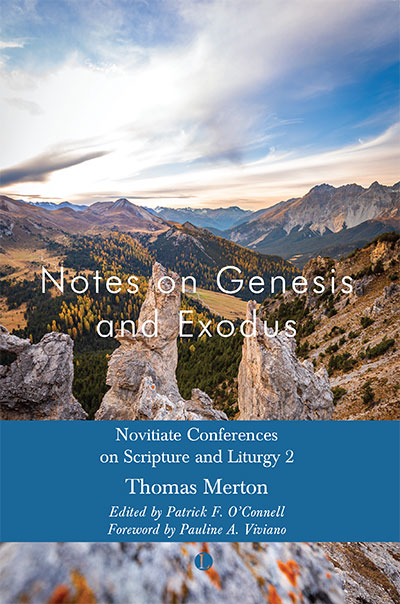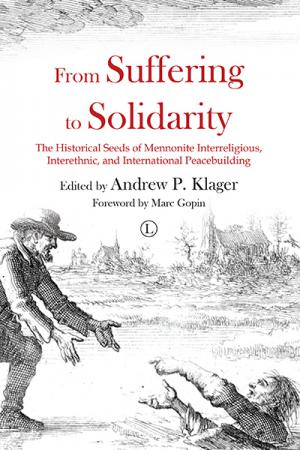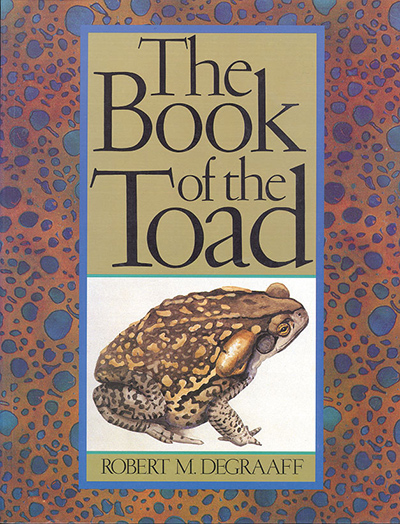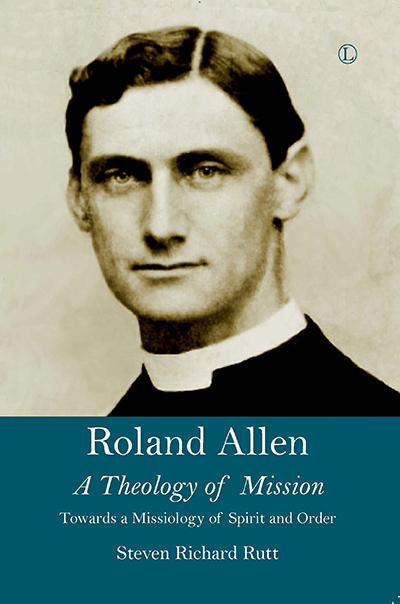Description
In Notes on Genesis and Exodus: Novitiate Conferences on Scripture and Liturgy 2 Thomas Merton presented numerous sets of conferences during his decade (1955-1965) as novice master at the Cistercian Abbey of Gethsemani. The two courses included in this volume – a thorough examination of the book of Genesis that began in mid-1956 and concluded on the Feast of Pentecost in 1957, and a series of classes on the book of Exodus from 1957 and 1958 – are here presented for the first time in a critical edition accompanied by extensive annotation and a comprehensive introduction.
These courses comprise the only major surviving teaching notes on particular books of Scripture dating from the years when Merton was in charge of the novitiate. They provide direct access to his views on the intellectual and spiritual contexts in which they should be understood. As biblical scholar Pauline Viviano writes in her preface, ‘this edition of Thomas Merton’s class notes brings us into the workings of a great spiritual leader’s mind as he reflects upon Scripture. . . . all who are on a spiritual journey can gain from his insights and the lessons he draws.’
About the Author
Thomas Merton, Catholic convert, Cistercian monk and hermit, poet, contemplative, social critic, and pioneer in interreligious dialogue, was a seminal figure of twentieth-century American Christianity. Among his many books are his best-selling autobiography The Seven Storey Mountain and the modern spiritual classic New Seeds of Contemplation.
Patrick F. O’Connell, a founding member and former president of the International Thomas Merton Society, edits the ITMS quarterly publication The Merton Seasonal and is co-author of The Thomas Merton Encyclopedia. He has edited thirteen previous volumes of Thomas Merton’s writings, including Selected Essays, Early Essays, 1947–52, Cistercian Fathers and Forefathers, and most recentlyA Monastic Introduction to Sacred Scripture, the first of three books in the series Novitiate Conferences on Scripture and Liturgy.
Contents
Foreword by Pauline A. Viviano
Introduction
Notes on Genesis
Notes on Exodus
Textual Notes
Bibliography
Scripture Index
General Index
Endorsements and Reviews
As a Cistercian, Merton’s life was shaped by the scriptural basis of the monastic offices. Patrick O’Connell’s honest, critical introduction and exacting editing of Merton’s notes for talks to his novices on Genesis and Exodus provide fresh insight into the monk’s pre-Vatican II thought and fill in a missing piece of the puzzle of his theological development. Merton readers and admirers owe O’Connell a debt of gratitude for his impressive editing of the massive body of Merton’s heretofore unpublished notes for monastic conferences.
Bonnie Thurston, author of Shaped by the End You Live For: Thomas Merton’s Monastic Spirituality
Patrick O’Connell continues his remarkable project of publishing Thomas Merton’s work as a teacher in this edition of his notes for courses given to Gethsemani Abbey novice monks on the books of Genesis and Exodus. Meticulously edited and annotated, these notes reveal a discerning teacher who provides not just exegetical commentary but connections to liturgy, preaching, and theology, and the ongoing formation of his student monks. Impressive work that gives a fascinating vision of Merton on the Scriptures.
Michael Plekon, author of Saints As They Really Are: Voices of Holiness in Our Time
This book is priceless for two major reasons: it offers a window into Merton’s contemplative biblical spirituality that he shared with the Trappist novices; and these insights are buttressed by the meticulous editing of O’Connell — his rich interpretive introduction, extensive explanatory notes, and cross references to Merton’s journals, letters, and poetry.
Monica Weis, SSJ, author of The Environmental Vision of Thomas Merton
The book is a testament to Thomas
Merton’s enduring legacy as a spiritual guide and thinker. His ability to breathe new life into old texts and make them
relevant to the modern seeker is com mendable. This book offers a wide
range of interested readers a valuable opportunity to penetrate in a new way two fundamental narratives that have shaped human thought for millennia. Adrian Slavkovsky In Spirituality Studies, 9-2 FALL, 2023, pp. 60-62






